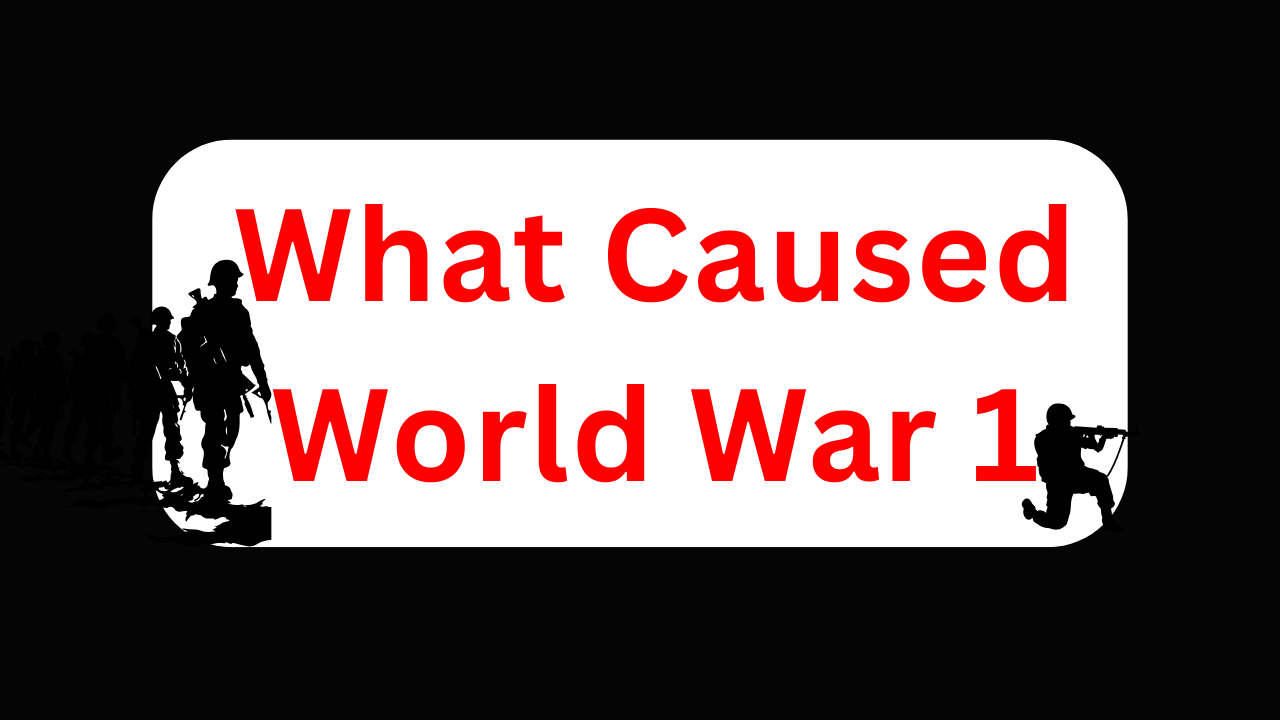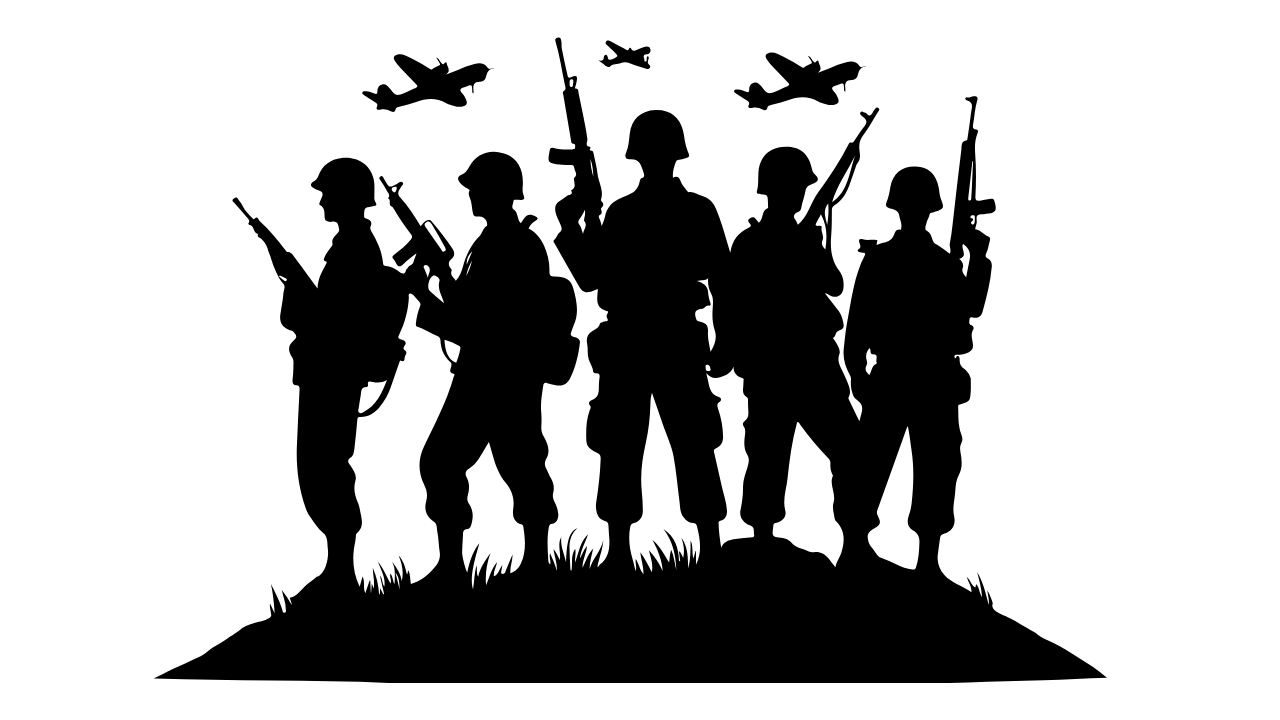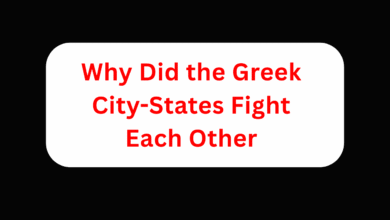What Caused World War 1

World War 1 is one of the most important events in modern history. It started in 1914 and lasted until 1918. Millions of people lost their lives, and the world was changed forever. Many countries were involved, and the war spread across Europe, Asia, and Africa. People often ask, what really caused World War 1. The answer is not simple because there was not only one reason. There were many political, economic, and social causes that built pressure for years before the war finally began.
In this article, we will explore the main causes of World War 1 in very simple words.

Tension Between European Powers
By the early 1900s, Europe was full of tension. Different countries were competing for land, power, and money. The main powers were Britain, France, Germany, Austria Hungary, Russia, and Italy. Each of them wanted to be the strongest.
Germany was growing very fast as an industrial and military power. Britain and France felt threatened by this growth. Austria Hungary wanted to control parts of the Balkans, but Serbia and Russia opposed it. These tensions created an atmosphere where even a small spark could start a big fire.
Alliance System
One of the biggest causes of the war was the alliance system. European countries had formed groups to protect themselves. If one country was attacked, its allies promised to join and fight.
There were two main groups. One was the Triple Alliance which included Germany, Austria Hungary, and Italy. The other was the Triple Entente which included Britain, France, and Russia.
This system made the situation very dangerous. If a fight started between two countries, it could easily drag many others into the conflict. That is exactly what happened in 1914.
Nationalism
Nationalism means strong pride in one’s country or people. In the 19th and early 20th century, nationalism was very strong in Europe. Germans were proud of their growing power. French people wanted revenge for land lost to Germany in the 1870 war. Slavic people in the Balkans wanted independence from Austria Hungary and support from Russia.
Nationalism made countries aggressive. Instead of finding peaceful solutions, they were ready to fight to show strength. This pride pushed Europe closer to war.
Imperialism
Imperialism also played a major role. European countries wanted to expand their empires across the world. They fought for colonies in Africa and Asia. This competition created rivalries.
For example, France and Britain had colonies in Africa, but Germany also wanted its share. This created many disputes. Imperialism made countries suspicious of each other and increased the chance of war.
Militarism
Militarism means a strong belief in building powerful armies and weapons. Before World War 1, European countries were competing in an arms race. They built huge armies, strong navies, and advanced weapons.
Germany created a strong navy to compete with Britain’s famous navy. Britain responded by building more warships. France, Russia, and Austria Hungary also increased their armies.
This arms race created fear and pressure. Countries were ready for war and even believed that war was the only way to solve their problems.
The Balkan Problem
The Balkans region in southeastern Europe was called the “powder keg of Europe.” Many ethnic groups lived there, including Serbs, Croats, Bosnians, and others. The Ottoman Empire had once ruled this area, but by the 1900s it was weak. Austria Hungary and Russia both wanted to control the Balkans.
Serbia wanted to unite all Slavic people and opposed Austria Hungary’s control. Russia supported Serbia. Austria Hungary wanted to crush Serbia’s dreams. This conflict made the Balkans a very unstable region.
The Spark – Assassination of Archduke Franz Ferdinand
All these tensions were like dry wood waiting for a match. The match came on 28 June 1914. Archduke Franz Ferdinand, heir to the throne of Austria Hungary, was assassinated in Sarajevo by a Serbian nationalist named Gavrilo Princip.
Austria Hungary blamed Serbia and declared war on it. Russia supported Serbia. Germany supported Austria Hungary. France and Britain supported Russia. Within weeks, Europe was at war.
This shows that the assassination was not the only cause but the final spark that started the fire. The deeper causes were nationalism, militarism, imperialism, and the alliance system.
Why the War Spread So Quickly
World War 1 spread quickly because of alliances and military plans. Germany had a plan called the Schlieffen Plan to attack France through Belgium. When Germany invaded Belgium, Britain declared war to protect Belgium. Soon many countries were fighting across Europe.
Colonies in Africa and Asia were also dragged into the war. Later, even the United States joined in 1917. That is why it became a true world war.
The Human Cost
The causes of World War 1 created one of the bloodiest wars in history. Millions of soldiers and civilians died. Entire towns were destroyed. Chemical weapons were used for the first time. Soldiers lived in terrible trenches with mud, disease, and fear.
The war also destroyed economies and created political changes. After the war, empires like Austria Hungary, Ottoman Empire, and Russia collapsed.
World War 1 was not caused by a single event. It was the result of years of tension between European powers. The main causes were nationalism, imperialism, militarism, and the alliance system. The Balkan problem added more fuel, and the assassination of Archduke Franz Ferdinand lit the final spark.
The lesson from this history is clear. When countries allow pride, greed, and weapons to rule over peace and understanding, small events can create huge destruction. World War 1 reminds us that peace is precious and must be protected.



